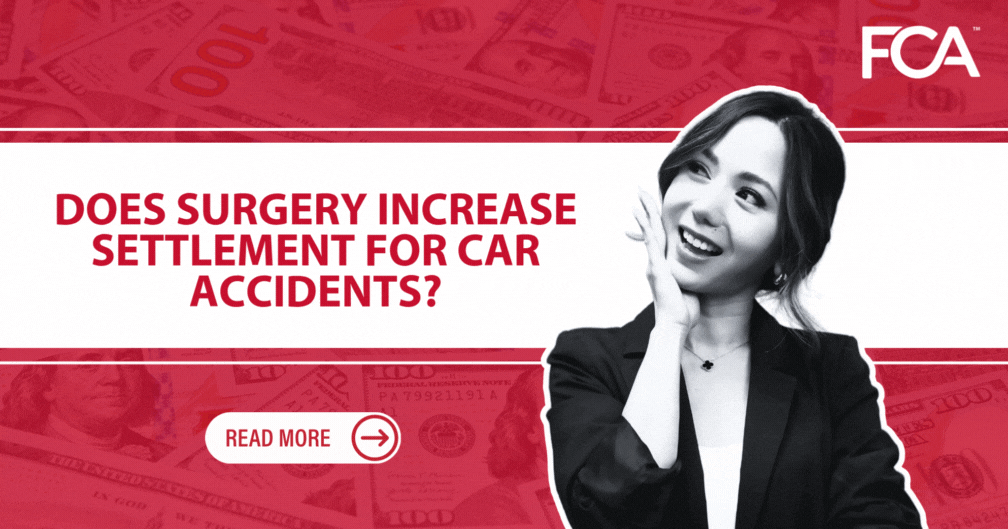“Gross negligence” is a term often used in legal cases. To prove a party’s negligence, it must be shown they had a duty to take precautions to protect you under the circumstances, breached that legal duty, caused injury by some action/inaction, and this directly caused you harm. These four elements are required to file a personal injury lawsuit. But the type of negligence must be considered as well.
Gross Negligence Vs. Ordinary Negligence
While “ordinary negligence” is when a person fails to take precautions that would reasonably avoid causing harm to someone else, gross negligence is something different. It represents a lack of care that can be seen as reckless disregard for life and safety. Appearing to be a conscious or even willful violation of others’ rights to safety, it comes just short of an intentional criminal act.
It may be argued the defendant exhibited thoughtless disregard for the consequences of their actions. In other words, they failed to use any care to avoid causing harm to property or life. The damages a defendant can be responsible for can be substantially higher than if they were accused of ordinary negligence.
EXAMPLES OF GROSS NEGLIGENCE
Gross negligence is associated with conduct an individual should have realized was dangerous before their action or inaction. Examples include:
- A driver going at high speeds, even though many pedestrians were in the area.
- An individual using a cellphone while driving hits another vehicle.
- Nursing home staff failing to check on, clean, feed, or provide water to a resident.
- A doctor prescribing drugs a patient has had adverse reactions to in the past.
- A hotel fails to close off a construction area and a guest falls several stories.
In some cases, the circumstances can determine what type of negligence occurred. For example, a skiing instructor provides ski poles to a student without checking if they’re broken. The student suffers a serious injury when using the poles, which crack on the way down the hill. Assuming the instructor brought the student to the hospital right away, ordinary negligence may be argued. However, if they waited until after the class ended, causing the injury to worsen, gross negligence can be considered.
HOW A DEFENDANT MAY BE PUNISHED FOR GROSS NEGLIGENCE
If an individual is found guilty, they could be liable to pay special damages covering the costs of their negligence to the plaintiff. These include costs related to lost wages/earnings, property damage, past and future medical treatment, and household assistance. To compensate the victim for pain and suffering, general damages may be awarded. In addition, the defendant may be required to pay punitive damages, by a judge or jury verdict, to deter them from acting in a similar way again.
FACTORING GROSS NEGLIGENCE INTO YOUR LEGAL FUNDING
Your attorney will evaluate the facts of your case to determine its potential value and how long it may take to reach a settlement. Personal injuries often result in high costs. Waiting for a settlement doesn’t help pay the bills now, but personal injury legal funding can help cover rent, mortgage payments, daily expenses, and more. With financial support backed by the proceeds of your future settlement, you can let your attorney fight your case.



